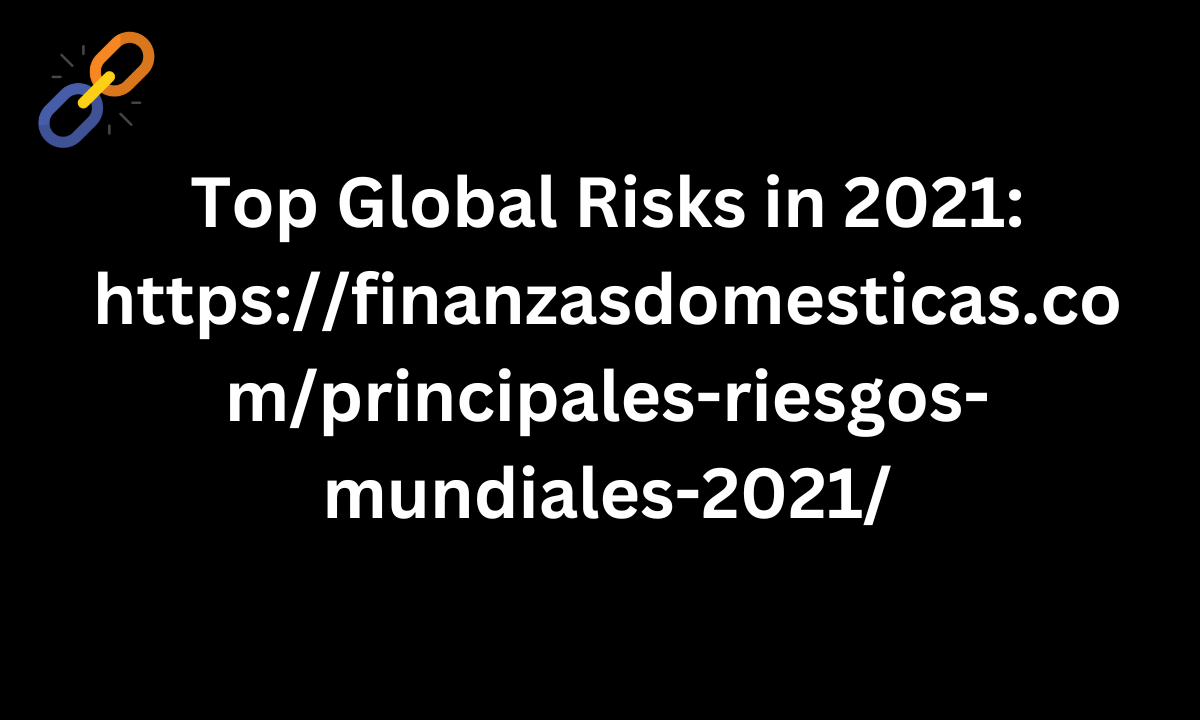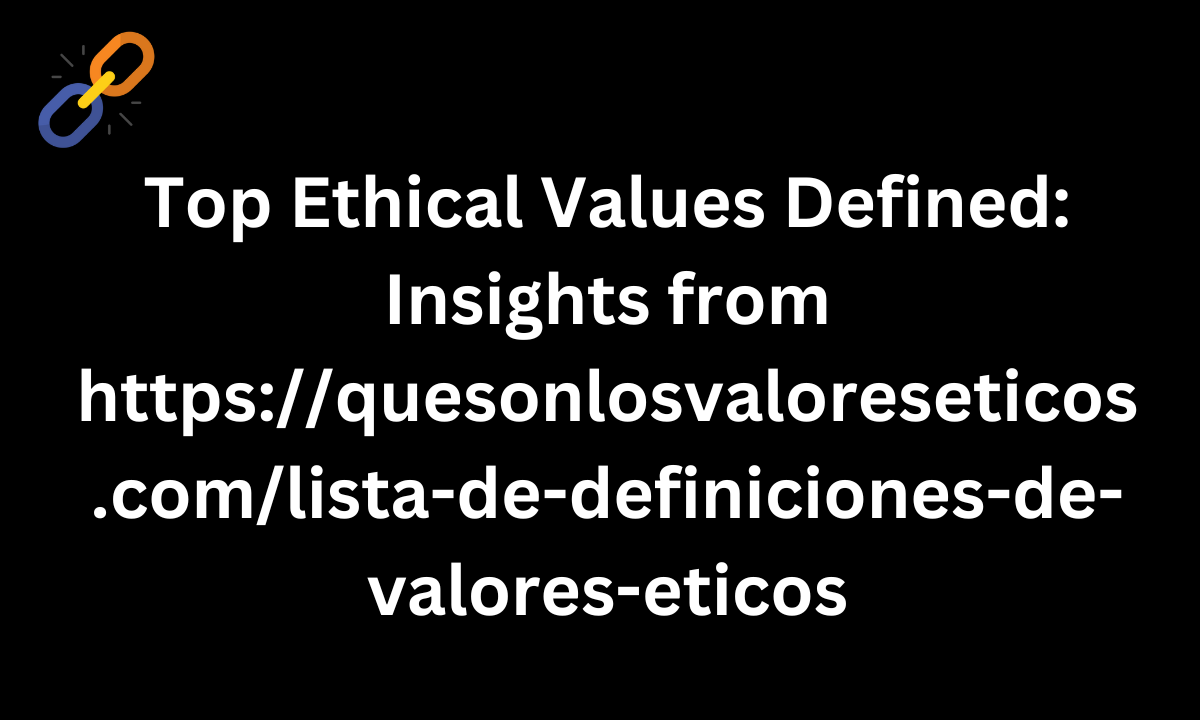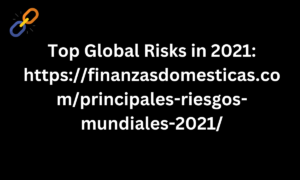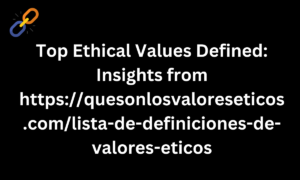Top Global Risks in 2021: https://finanzasdomesticas.com/principales-riesgos-mundiales-2021/
Introduction: Understanding Global Risks in 2021
In 2021, the global landscape witnessed a rising tide of interconnected risks that challenged societal resilience and economic stability. From the persistent effects of the COVID-19 pandemic to accelerating climate change, leaders and organizations faced unprecedented disruptions. The convergence of health crises, technological vulnerabilities, and geopolitical tensions underscored the need for multifaceted strategies to mitigate their impact.
Key drivers of these risks included:
- The fragility of public health systems strained by pandemic recovery efforts.
- Increased volatility in financial markets, exacerbated by global debt concerns.
- Escalating cyber threats targeting critical infrastructure and businesses.
Understanding these risks is pivotal in developing adaptive frameworks to foster global security and sustainability.
Economic Uncertainty and Financial Instability
Unprecedented challenges in 2021 amplified economic uncertainty and financial instability worldwide. Key factors driving this instability included slowed global growth due to pandemic aftershocks, disrupted supply chains, and labor market imbalances. Increasing sovereign debt levels in both developed and emerging economies raised concerns over fiscal sustainability.
Volatility in commodity prices, particularly energy and raw materials, added pressure to inflationary trends. Central banks faced difficult trade-offs between supporting economic recovery and curbing inflation. Emerging markets experienced heightened vulnerability owing to currency fluctuations and capital outflows.
Furthermore, geopolitical tensions and regulatory shifts in technology and trade exacerbated risks in global markets, complicating recovery efforts across industries.
Climate Change: A Growing Threat
The escalating impacts of climate change remain one of the most pressing global risks. Rising temperatures, melting polar ice caps, and increasingly frequent extreme weather events threaten ecosystems, human health, and economic stability. Developing nations, particularly vulnerable to natural disasters, face exacerbated challenges as sea levels rise and agricultural yields decline.
Greenhouse gas emissions continue climbing despite international agreements like the Paris Accord, further amplifying global warming. Industries reliant on fossil fuels resist progress toward renewable energy adoption, prolonging environmental harm.
These changes also catalyze secondary risks, including resource conflicts, climate refugees, and heightened geopolitical tensions. Governments, businesses, and citizens must act collectively to mitigate long-term consequences.
Technological Disruptions and Cybersecurity Challenges
The rapid integration of digital technologies has transformed industries but introduced complex vulnerabilities. Increased dependence on cloud computing, artificial intelligence, and the Internet of Things (IoT) heightens the attack surface for cybercriminals. Ransomware attacks, data breaches, and state-sponsored cyber warfare are surging, impacting critical infrastructure and private enterprises alike.
Emerging technologies like 5G amplify risks by creating more entry points for malicious actors. Supply chain attacks also threaten global security as businesses rely on third-party software providers. Governments and organizations face mounting pressure to adopt robust cybersecurity frameworks, enhance threat intelligence, and build resilience against these increasingly sophisticated disruptions.
Geopolitical Tensions and Global Security Risks
Geopolitical tensions remain a dominant concern in 2021, amplifying global security risks and economic instability. Escalating rivalries between major powers, such as the United States and China, drive competitive agendas in trade, technology, and military dominance.
Regional conflicts, particularly in the Middle East, Eastern Europe, and the South China Sea, heighten risks of armed confrontations and disrupt international supply chains. Cybersecurity threats intensify as states and non-state actors exploit weak systems for espionage and sabotage.
International cooperation is further undermined by nationalist policies, sanctions, and diverging foreign strategies, weakening frameworks for conflict resolution and increasing overall exposure to global security crises.
Social Inequalities and Their Impact on Stability
Social inequalities pose significant threats to both economic and political stability worldwide. Disparities in access to healthcare, education, employment, and wealth distribution intensify frustrations among marginalized groups. These inequalities often amplify distrust in governance systems and economic institutions, leading to social unrest.
Factors such as income gaps, gender discrimination, and racial biases catalyze divisions within societies. Rising unemployment and economic exclusion often disproportionately affect vulnerable communities, fueling resentment and destabilization. Governments and international organizations are increasingly recognizing the urgency to address systemic inequalities and promote inclusivity as foundational pillars for sustainable development and peaceful co-existence.
Conclusion: Navigating Risks with Insights from Finanzas Domésticas
Navigating global risks requires informed decisions shaped by a clear understanding of emerging challenges. Finanzas Domésticas emphasizes the critical need to align personal and organizational strategies with broader economic and environmental shifts. Key takeaways include:
- Harnessing Data-Driven Insights: Effective decision-making starts with evaluating both immediate and systemic risks through data.
- Balancing Agility and Resilience: Building adaptable frameworks ensures readiness against uncertainties.
- Prioritizing Sustainability: Economic stability aligns with long-term environmental stewardship.
By integrating such principles, Finanzas Domésticas offers actionable strategies to mitigate financial vulnerabilities while fostering innovation and growth.














Post Comment